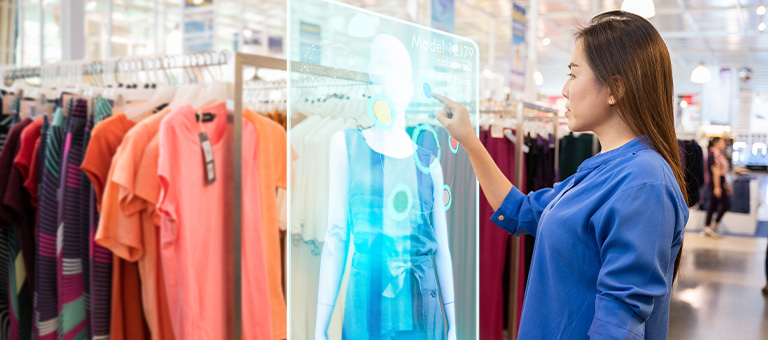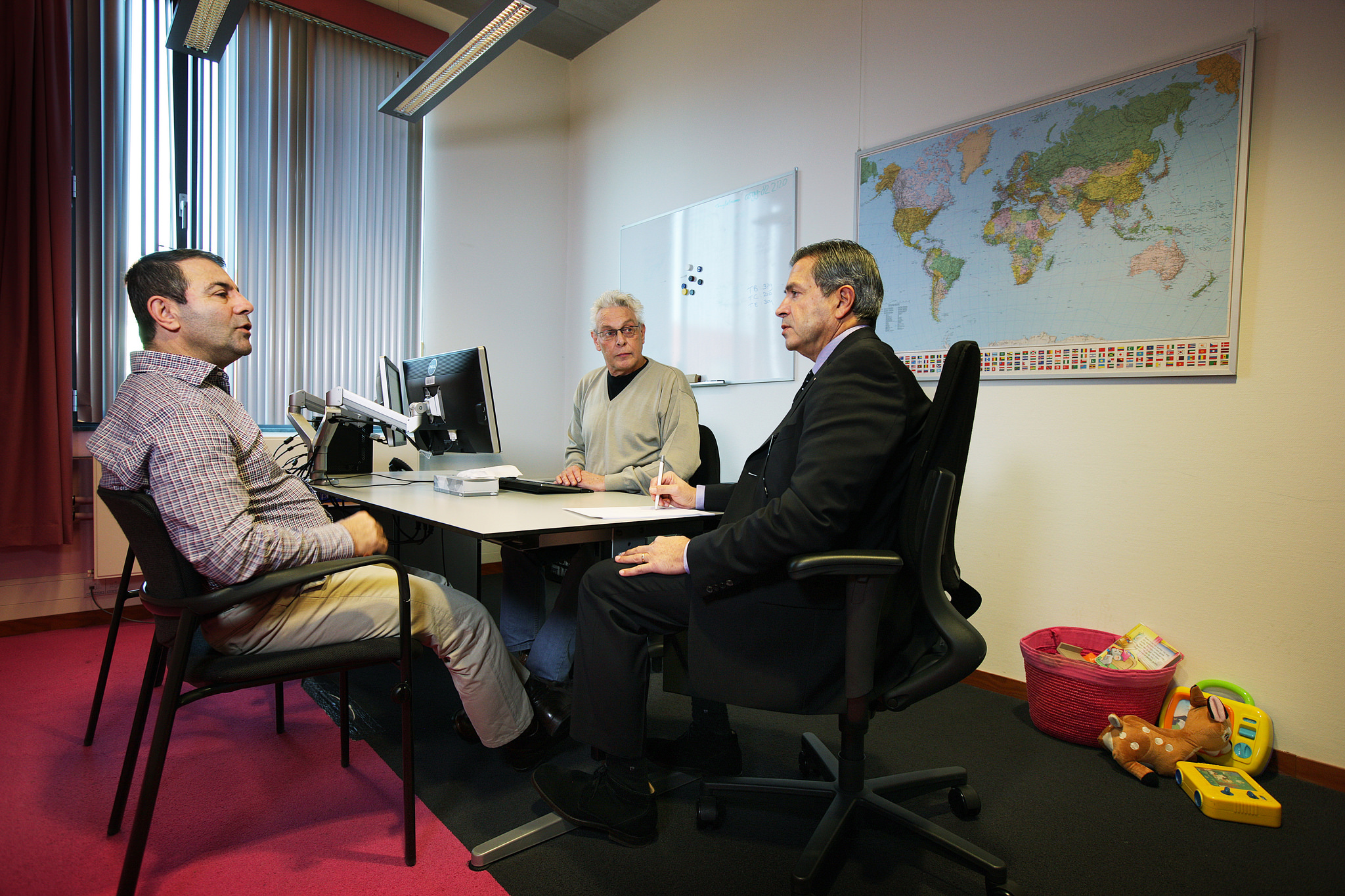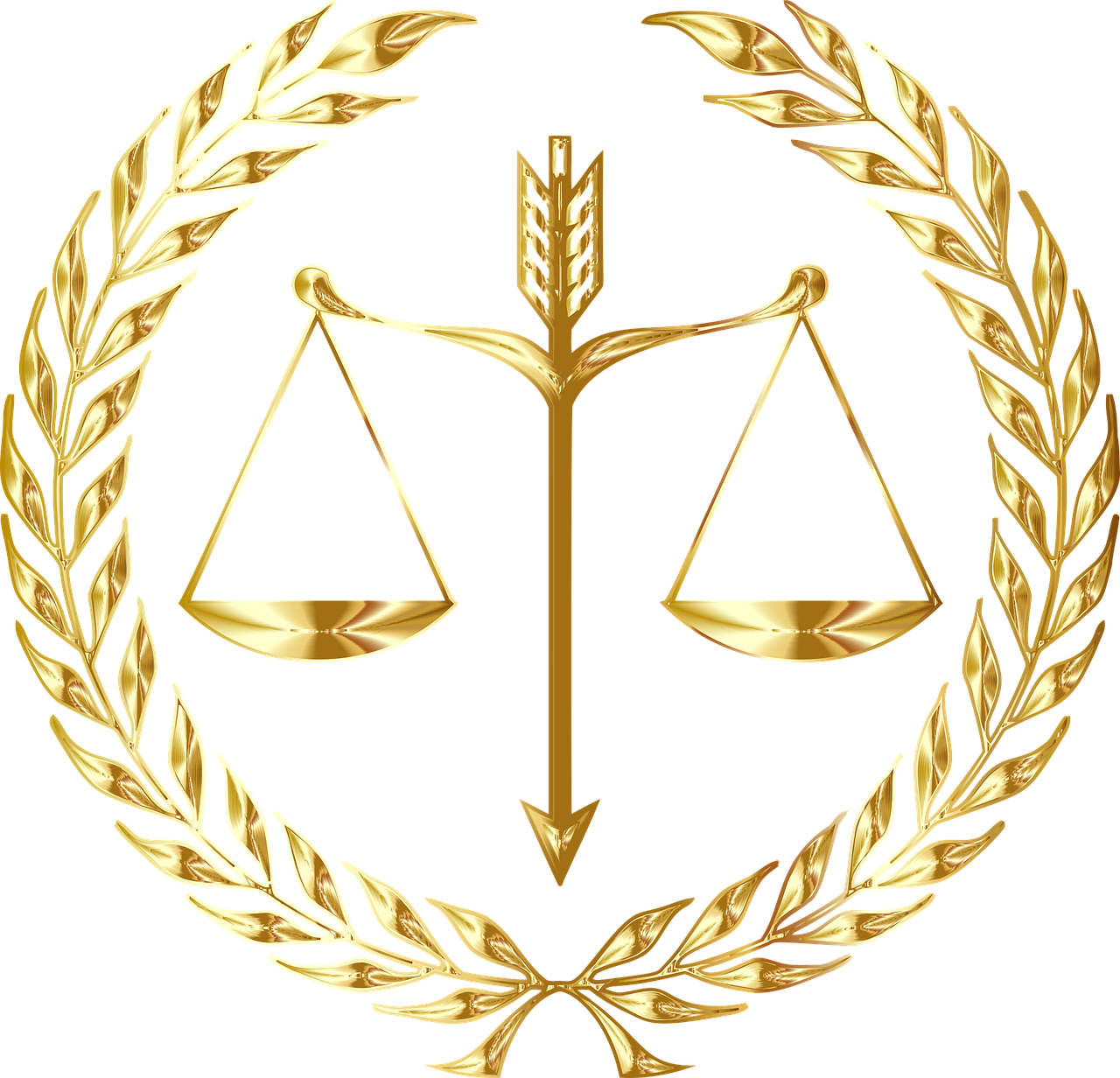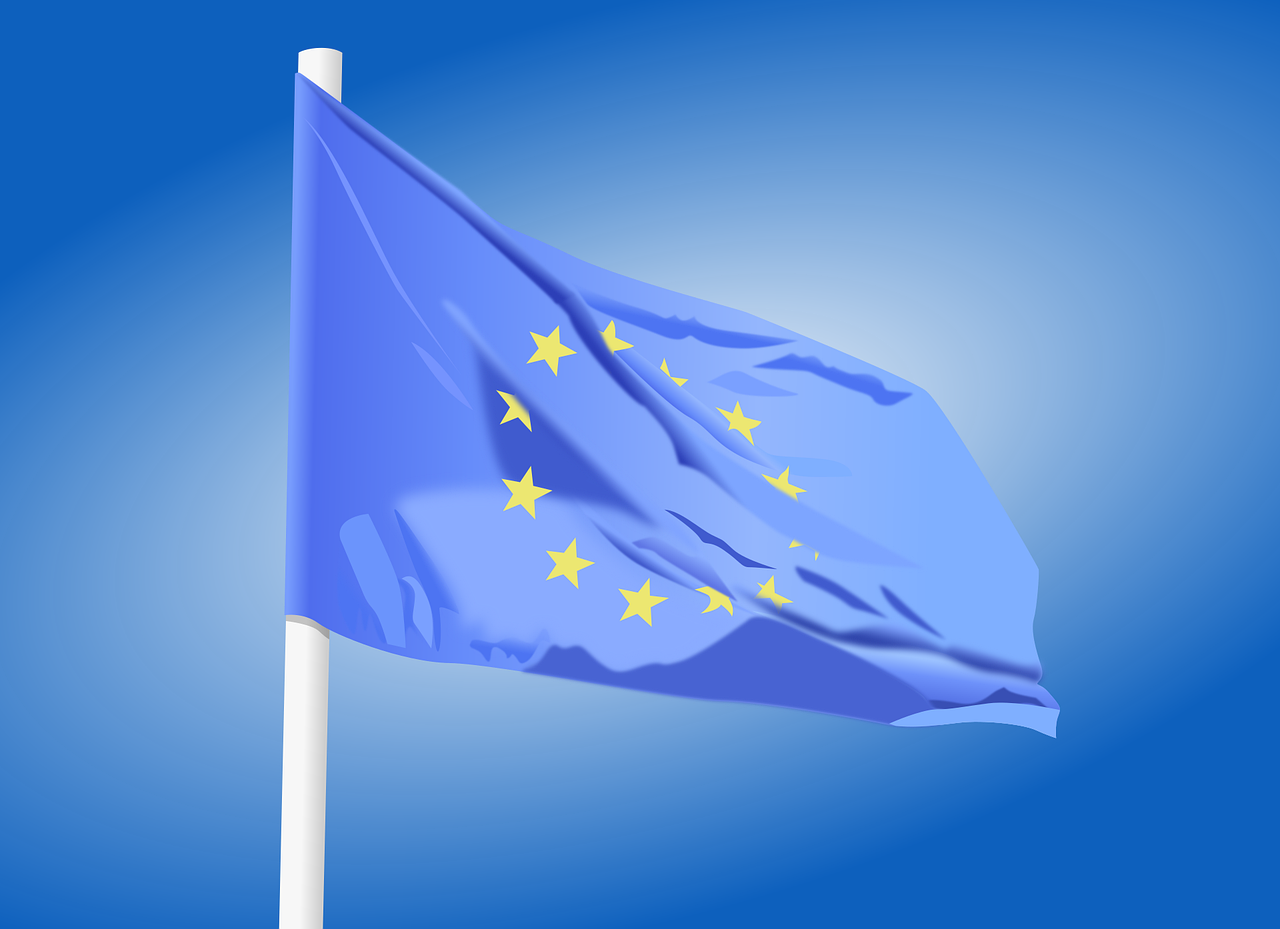Latest blog articles
-
Over the few past years, there has been a professionalization of social media content creators. These creators now have the power to sway their followers, start trends, or serve as role models for their audiences. These individuals, that have such online persuasive power, are called “influencers”...
-
On 15 October, the Swedish Consumer Agency, its Scientific Council and Maastricht University (in particular the Law & Tech Lab) hosted the webinar 'Consumers and businesses in digital markets – An unequal relationship?’, focused on bringing together the perspectives of national consumer authorities...
-
Back in 2017, the European Court of Justice ruled in Asociación Profesional Elite Taxi v. Uber Systems Spain, SL (Case C-434/15) that Uber offers common transportation services and thus, ought to be regulated as such. Various European national courts subsequently made similar rulings against Uber...
-
SMECC stands for School, Minimum standard, Education, Child-friendly policy and care-Continuum. Imagine SMECC as a flat drawing of a house. The regulatory backstop is the minimum standard in family litigation for competent parenthood – far on the horizon, however, a necessary fundament of human...
-
Asylum seekers usually do not cross borders with a bag of documents. They have lost their personal belongings or have been confiscated by smugglers. Oral statements are therefore the only proof of origin. (Dutch only)
-
‘CISG Conference’ where experts on the international sale of goods came together to review the Vienna Convention in the light of similar structures such as its latest contender, the Common European Sales Law, or the UCC.
-
Mark Kawakami: "From a rather ignorant American’s perspective, the cost of learning, debating, and trying to apply the continuously changing (or “harmonizing”) European law is so cumbersome that perhaps it is doing more harm than good to the European legal framework".







